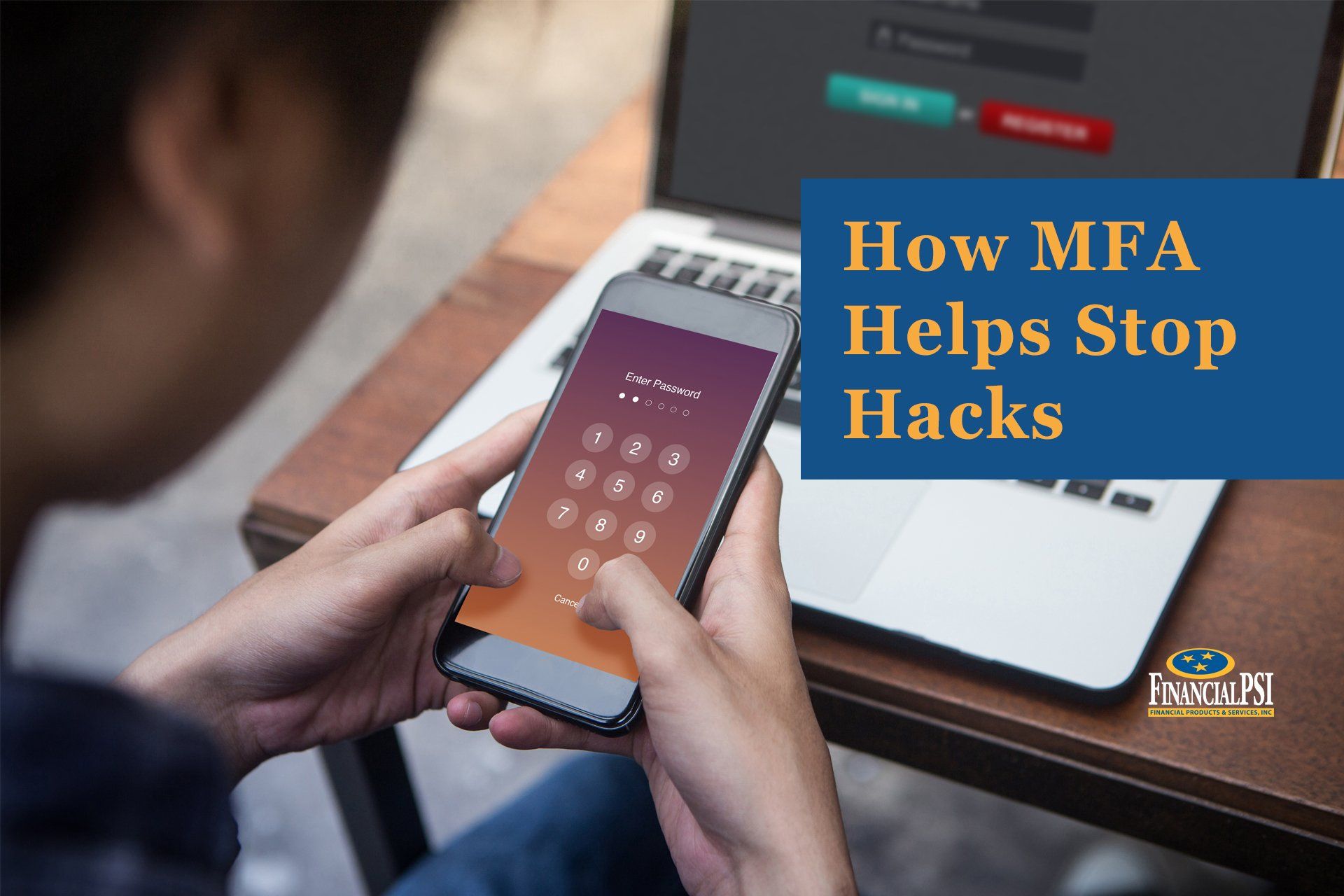Protect Your Institution from Employee Theft
In a financial institution, employee theft is always a concern and that risk is amplified by the current state of the economy.

In a financial institution, employee theft is always a concern and that risk is amplified by the current state of the economy. Normally honest employees may resort to theft if they are facing tremendous financial burdens at home. Employees may also be motivated to steal if they were given extra responsibilities after others were terminated without an increase in compensation. It is important that you recognize this risk so that you can take action to prevent it.
Of course, with employees handling financial transactions, there is always a concern for embezzlement. However, a growing problem among financial institutions is employees taking advantage of their access to sensitive customer information. While the ideal solution would be to limit access to that information to as few employees as possible, this is often impractical while also striving to deliver the best customer service possible. In addition, employees with access to the internet may use company time to handle personal business or surf the web, which is known as time theft.
Tips to Prevent Theft
To curb theft at your organization, consider the following safeguards:
- Communicate with your employees about the economy and how it will affect your organization. Be open and honest, but discourage them from panicking.
- Try to maintain a positive work environment even during tough times. Encourage open communication, listen to employees’ ideas and recognize employee achievement.
- Educate your employees about what is considered fraud and the consequences associated with it, and emphasize that the company has a no-tolerance policy.
- Conduct more internal audits, both of your overall financials and of individual employees’ daily transactions.
- Increase company oversight by upper management and owners.
- Consider using a payroll service to ensure accuracy.
- Purchase Embezzlement Insurance.
- Consider installing surveillance equipment. Be mindful that this may decrease employee morale if they feel that they are not trusted. You may also want to monitor computer activity more closely, including who has access to sensitive information and whether that access is necessary for their job.
- Upper management may consider taking a pay decrease or not receiving bonuses, so that lower-level employees see that everyone in the organization is affected by the economy.
- Try to split up financial responsibilities among different employees when possible. One person should not have too much control. You may also try rotating duties regularly and conducting frequent double checks on the books.
- Encourage employees to use their vacation time. If someone is stealing, it may become more evident once they are away for a few days.
- Establish a fraud hotline for employees to report suspicious or fraudulent behavior. Give them the option to call anonymously.
- Conduct thorough background checks on all your new hires.
- Train managers and supervisors to monitor employees and watch for suspicious behavior. Any suspicious behavior should be reported and further investigated.
To learn more about Embezzlement Insurance, contact Financial Products and Services, Inc. at 615-244-5100 today.
Want more information? Let us help.

1-615-244-5100
211 Athens Way, Ste 100
Nashville, TN 37228
Financial Products & Services, Inc


